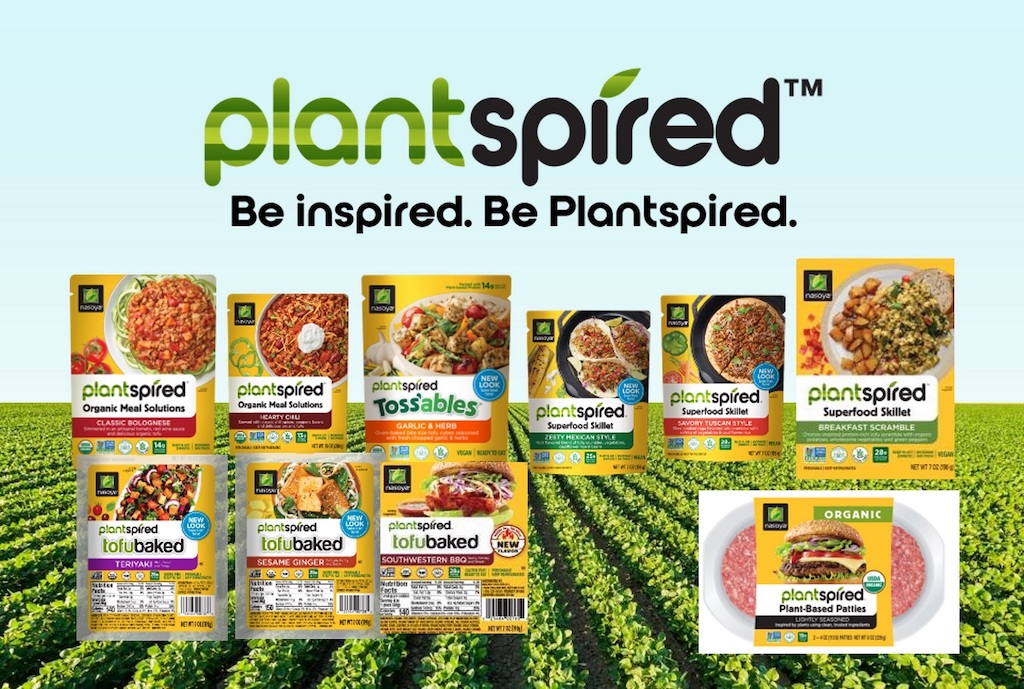South Korea’s Tofu Giant Teams Up With Cultivated Meat Startup Simple Planet
3 Mins Read
South Korea’s plant-based food manufacturer Pulmuone and cell-based startup Simple Planet have teamed up to co-produce hybrid cultivated meat.
Pulmuone and Simple Planet say they’re working to co-develop and commercialize hybrid cultivated meat products that combine plant-based ingredients and cultivated meat. The companies are targeting a 2025 retail launch given the current lack of regulatory approval for cultivated meat products.
Hybrid meat
Demand for healthier and more environmentally friendly food is on the rise in South Korea; the country’s alternative meat market was worth approximately $15.6 million USD in 2022, an increase of 28 percent from the previous year, according to Euromonitor. The market is predicted to rise to $24 billion USD by 2025.

The move builds on Pulmuone’s recent launches including a plant-based meat brand last year and a 2020 partnership with cultivated seafood startup BlueNalu.
Last June, Simple Planet announced that it had developed cultivated meat with a higher concentration of unsaturated fatty acids.
Coldplay-backed SCiFi Foods is also working to develop plant-based and cultivated meat hybrids.
Hybrid meat development is also coming to conventional meat producers. Last month, Mush Foods announced its mycelium protein intended for combining with traditional beef.
U.S. market
Pulmuone is also preparing to increase its U.S. presence. Already, 70 percent of the tofu products sold in the U.S. are made by Pulmuone; Walmart, Costco, and hundreds of restaurant chains currently use Pulmuone’s products. It’s the company behind the Plantspired range.
The company is now aiming to bring healthy, low-fat Korean food sold in South Korea for the last 40 years, to the U.S. consumer, including a range of “healthy” instant noodles.
Cho Kil-su, head of Pulmuone, told the Korean Herald that the U.S. market saw significant growth in consumption of plant-based food after the pandemic years, as consumers’ interest in health grew.

“Concern for the environment also grew after the pandemic, and demand for plant-based products soared even higher as they produce less carbon dioxide throughout the production process,” he said.
“This year, we plan to further expand our production infrastructure and expand our B2B business. We will mainly center on supplying universities with our products, as we have analyzed that young adults are most sensitive about health issues and receptive to new types of food,” said Cho.
“We have partnered with leading local universities such as Yale University and Virginia Tech to provide sustainable food, and contribute to having students establish healthy diets.
“We also aim to foray into Canada and Europe by expanding our tofu production line at the Ayer tofu plant (in Massachusetts) at the end of 2023.”
Fellow South Korean plant-based food manufacturer Unlimeat has also seen steady growth in the U.S. after launching in stores last year. It recently launched its plant-based Korean BBQ and two flavors of pulled pork into 1,500 Albertsons locations.



